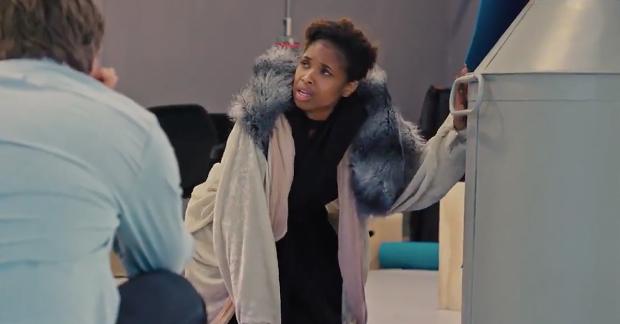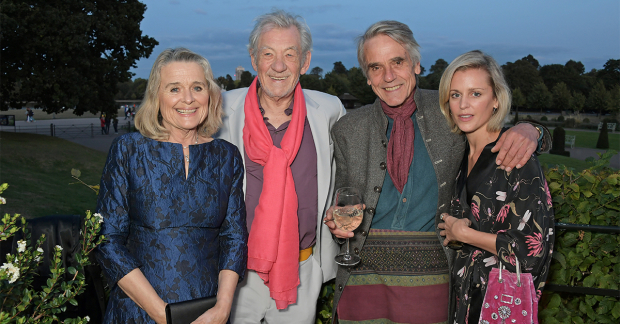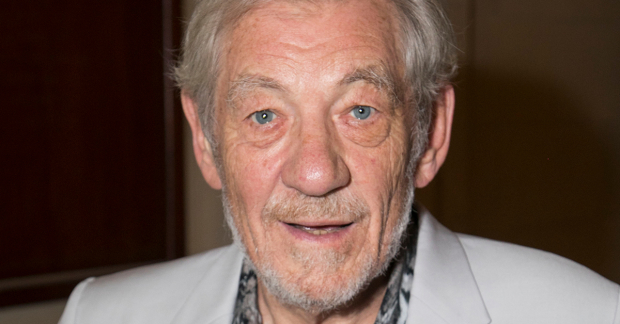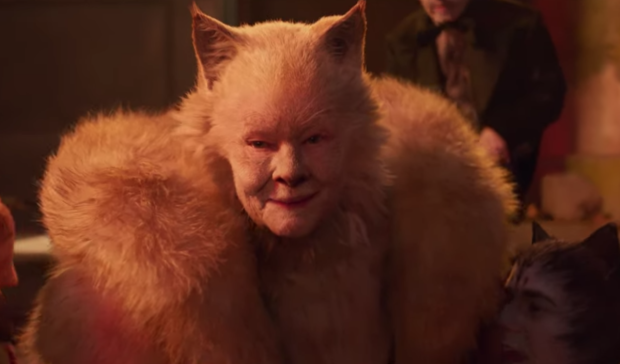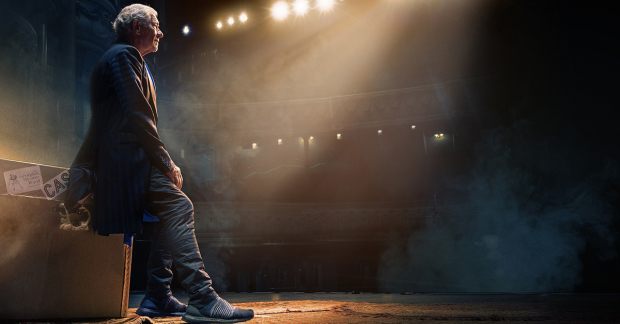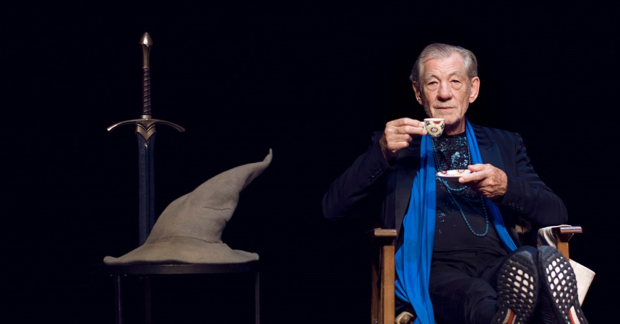Ian McKellen on Stage – celebrating venues and charities around the country

© Frederic Aranda
The term national treasure is over-used, I know. But when it comes to Ian McKellen it's hard to know what other nomenclature to award. He is quite simply quite something.
I caught his one-man show, now running at the Harold Pinter Theatre. It will close on 5 January having already toured to 80 venues round the country to mark his 80th birthday. A great deal of care has been lavished on this: the venues were chosen because they meant something to McKellen and the more than three million pounds he has raised for charity are being distributed to good causes that have meaning for him and for those theatres.
In the original press release, he lovingly and laboriously outlined why he had chosen each theatre and every charity. The Young Vic, for example, where he first worked in David Rudkin's Ashes and then in his famous chamber Macbeth opposite Judi Dench. He said, "50 years ago I shared Frank Dunlop's vision for the Young Vic, a theatre where young people could discover live theatre at a price they could afford. My show will raise funds for that work to continue."
He remembered his first appearance at Chichester in Laurence Olivier's National Theatre summer season in 1964, alongside Geraldine McEwan, Maggie Smith, Billie Whitelaw, Albert Finney, Derek Jacobi, Edward Petherbridge, and Michael York – in plays by John Arden and Pinero – and pledged to raise money for the theatre's Ageless campaign which helps to ensure that art and theatre remain at the heart of older people's lives.
In Coventry, he recalled that the Belgrade Theatre was the scene of his first professional job "living in a company flat on Corporation Street… on £8.50 a week". In Wigan, where he grew up, he remembered that he saw his first Shakespeare at the Wigan Little Theatre where he was now
performing. At the Blackpool Grand, he remembered how as a boy he was fascinated by the glamour of Blackpool and pledged funds for the restoration of the beautiful Matcham Grand Theatre.

© Frederic Aranda
His show is like this – a grand act of generosity and a compendium of the theatrical history of the late 20th century when the young McKellen was making his way in the world. It's a wonderful, multi-faceted thing, full of terrific anecdotes and of Shakespeare.
What is most extraordinary about it, however, is its relationship to its audience, of all ages. McKellen's career has a long span; the younger members of his following have been enchanted by his Gandalf, the defining screen wizard – "the real one", he remarks with waspish glee, dismissing all Harry Potter fans – and, to a lesser extent by his Magneto in the X-Men films. They listen intently because he means all that to them.
But his older followers are with him every step of the way. Even the mention of the actress Irene Worth gets an oooh of recognition and delight from his audience. His stories about Gielgud, "the hero of my youth", standing in the wings to avoid receiving notes from the well-meaning but
interfering Alan Badel have heads nodding in fond remembrance of both men; his encounter with Dorothy Reynolds, lyricist for Salad Days, unites listeners and teller in a warm affection for a much- loved musical.
I share some of this; the world of landladies and powerful regional rep had vanished before I was growing up and Laurence Olivier (of whom McKellen offers a witty impersonation) was an actor you saw in Marathon Man in the cinema or on TV in Brideshead Revisited rather than a towering giant of the stage. But the wonderful thing about McKellen's solo show is that you don't have to remember the world he is describing to be entranced by his description of it.
It is a show for people who love theatre. It makes you lean in to hear – from the horse's mouth as it were – recollections of the past which comes vividly to life. It binds you together with your fellow audience members, and with the man standing on stage telling you these things. His enthusiasm and passion for his art and his life on the stages he has visited, his sheer relish in remembrance is a wonderful reminder of what makes theatre special in the first place. It brings people together in a room to share some stories.



